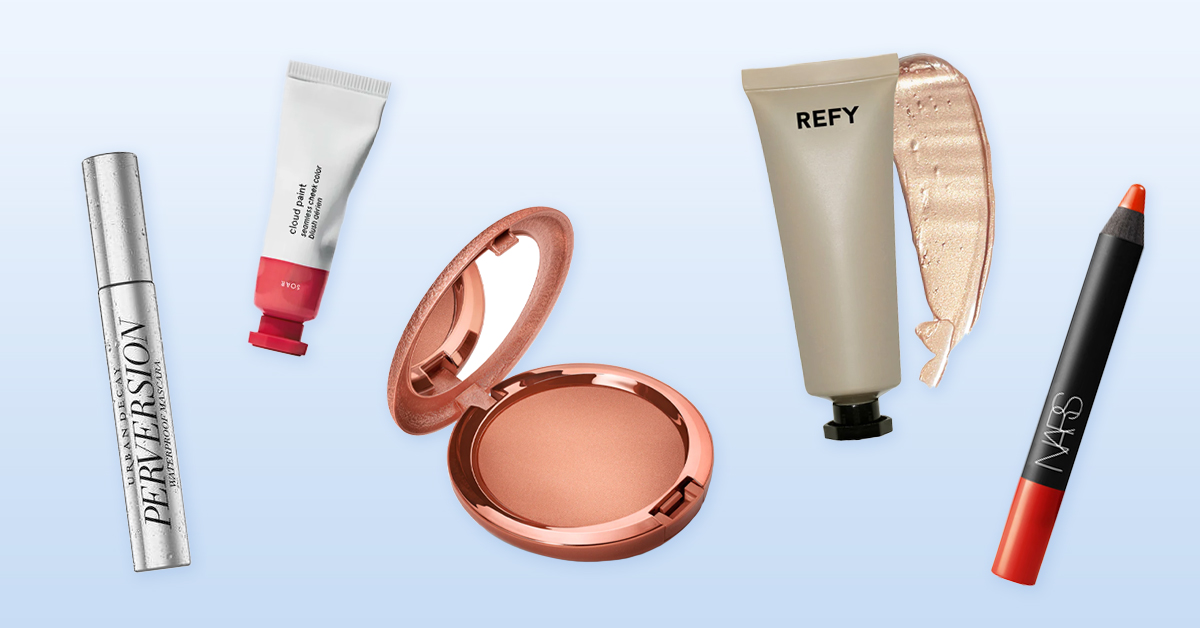What you should know about face oils
Facial oils have been around for a long time but have exploded in popularity recently as the clean beauty movement has taken off. But, it can be confusing to understand the difference between facial oils and other moisturizers, like humectants. One question that has come up time and time again is: Do facial oils moisturize the skin? The short answer is, yes, oils are part of the moisturizing process. However, it’s a little more complicated than that…
What are the three main types of skin moisturizers?
To better understand how facial oils hydrate skin, it’s important to know the difference between an occlusive and a humectant. An occlusive is a heavy cream or oil that seals moisture inside your skin, similar to plastic wrap. Similarly, an emollient softens and strengthens the outer layer of the skin by filling in the spaces between skin cells. On the other hand, a humectant is an ingredient that draws in water from the environment or the lotion itself, such as glycerin or hyaluronic acid. To effectively moisturize the skin, you need to have both an occlusive to lock in moisture and a humectant to draw in that water. That’s why most moisturizer formulas are made with both.
What do facial oils do?
Facial oils are considered to be occlusive and emollients, but they never act as humectants. This means they can help the skin retain water but not add to it. The basic idea behind facial oils is that they will help supplement the natural oils your skin produces to help seal in moisture and strengthen the skin’s protective barrier. Because of this, facial oils don’t actually hydrate the skin.
What determines whether a facial oil acts as an occlusive or an emollient? The size of their fatty acid molecules. If the molecules are too large to get through the skin barrier, they sit on the top and act as an occlusive. But, if they’re small enough to get through, they may be able to penetrate to deeper layers of the skin and strengthen its barrier. Research suggests that jojoba oil and argan oil can help repair the skin barrier. Some oils, like like rosehip seed oil and chia seed oil, also come with added benefits like antioxidant and anti-inflammatory properties.
Which is better: Facial oils or moisturizers?
You should actually use both to reap the most benefits. Facial oils are ideal for dry or sensitive skin, which often experiences a disruption of its barrier function. Applying oils can help prevent water loss from the skin. However, if you have oily or acne-prone skin, you should consider skipping oils. Why? Because they can clog pores, which is why dermatologists recommend using a moisturizer to help manage the skin’s hydration.
If you plan on using facial oils as part of your skincare routine, you should apply them as the last step. Though oils feel and seem thinner than face creams, they’re actually heavier than other products. This can seem counterintuitive to the universal rule that skincare products should be applied from thinnest to thickest. Because oil is the heaviest product in your routine, it’s able to penetrate your moisturizer, allowing it to reach the skin. You can also add a few drops directly with your moisturizer without needing to add an extra layer to your routine.
References
- “Do Oils Really Hydrate Your Skin?,” Harper’s Bazaar, September 18, 2020.
- “What You Should Know Before Using a Trendy New Face Oil,” Shape, March 13, 2019.
















